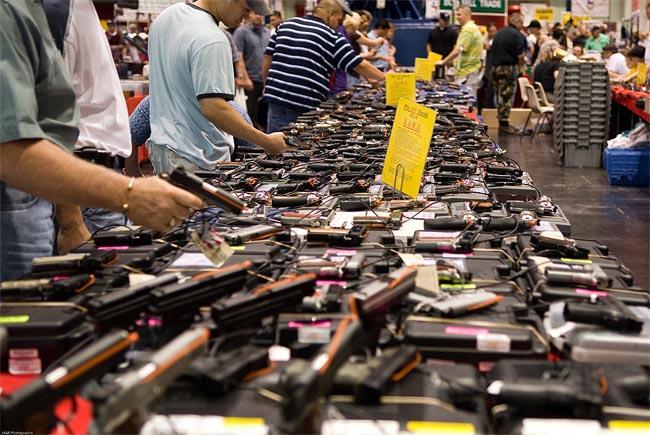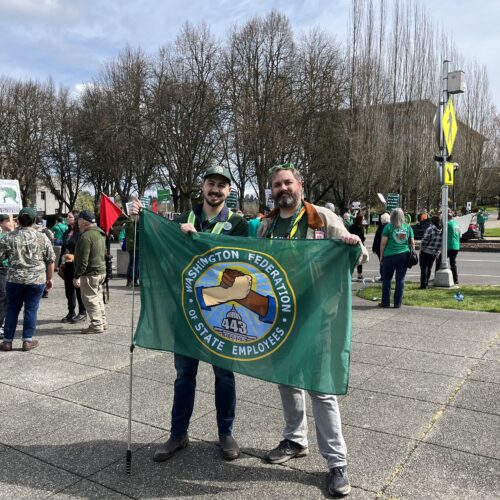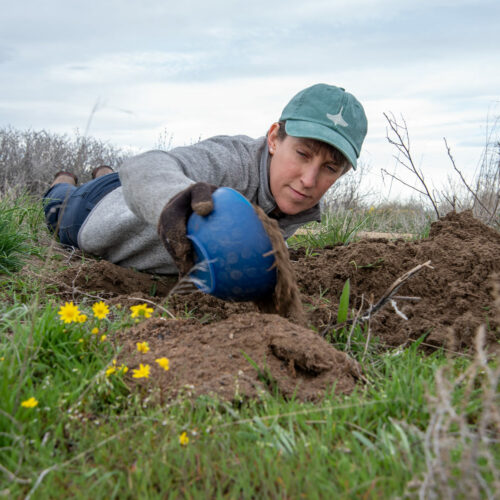
Gun Theft At Washington Cabela’s Triggers Second Prosecution Under Background Check Law
In 2014, Washington voters approved Initiative 594 to require background checks for person-to-person gun sales. But the law has only resulted in two prosecutions.
The first prosecution, last October in Island County, involved a gun that was later used in a murder.
The second case is also from last year, but it’s just now coming to light.
It involves the alleged theft of a .22 rifle from a Cabela’s outdoor store in Lacey, Washington by a man named Terry Lee Hadley, Jr.
According to charging documents, Hadley then either sold or traded the rifle to another man. That’s what triggered the charge under Washington’s expanded background check law.
“In this particular case, the perpetrator, Mr. Hadley, admitted that he transferred this firearm to the other person who happened to be a drug dealer in this case,” said Jeff Lippert with the Thurston County Prosecutor’s Office. “And so when someone admits to something like that it makes it very easy to prove.”
In addition to unlawful transfer of a firearm, Hadley is charged with theft, trafficking in stolen property and drug possession.
Lippert said he expects the case will end with a plea agreement. Hadley’s attorney did not immediately return a phone call.
According to the Alliance for Gun Responsibility, there have been nearly 27,000 background checks on private gun sales since the law took effect in December 2014. In addition, the Alliance says the law prevented 201 private gun sales between December 2014 and April 2017.
Opponents were before the Ninth Circuit Court of Appeals earlier this week in an attempt to revive a lawsuit that challenges key provisions in the law. They say it puts law-abiding gun owners at risk for prosecution.
A violation of the background check law is a gross misdemeanor punishable by up to a year in jail and a $5,000 fine. A second offense becomes a felony.
Related Stories:

Washington state workers voice opposition to proposed budget cuts
A state budget deficit is normally nothing to sing about. But, workers with the Washington Federation of State Employees have turned their frustration over potential budget cuts into a song, “Washington For All.”
The refrain, “Washington’s for all, not just for the rich,” evokes the union’s stance that instead of making cuts to state services and workers, lawmakers should increase taxes on Washington’s wealthiest residents.

Ocean conditions mixed for salmon, leading to average salmon returns
At least twice a year, scientists board the Bell M. Shimada, a National Oceanic and Atmospheric Administration research vessel, to study the Northern California Current ecosystem. (Credit: Courtney Flatt /

La región de Tri-Cities quiere saber cómo el clima afecta su vida
Una ley estatal obliga a ciudades, pueblos y condados a elaborar planes contra el cambio climático. Los dirigentes de Tri-Cities quieren su ayuda.












